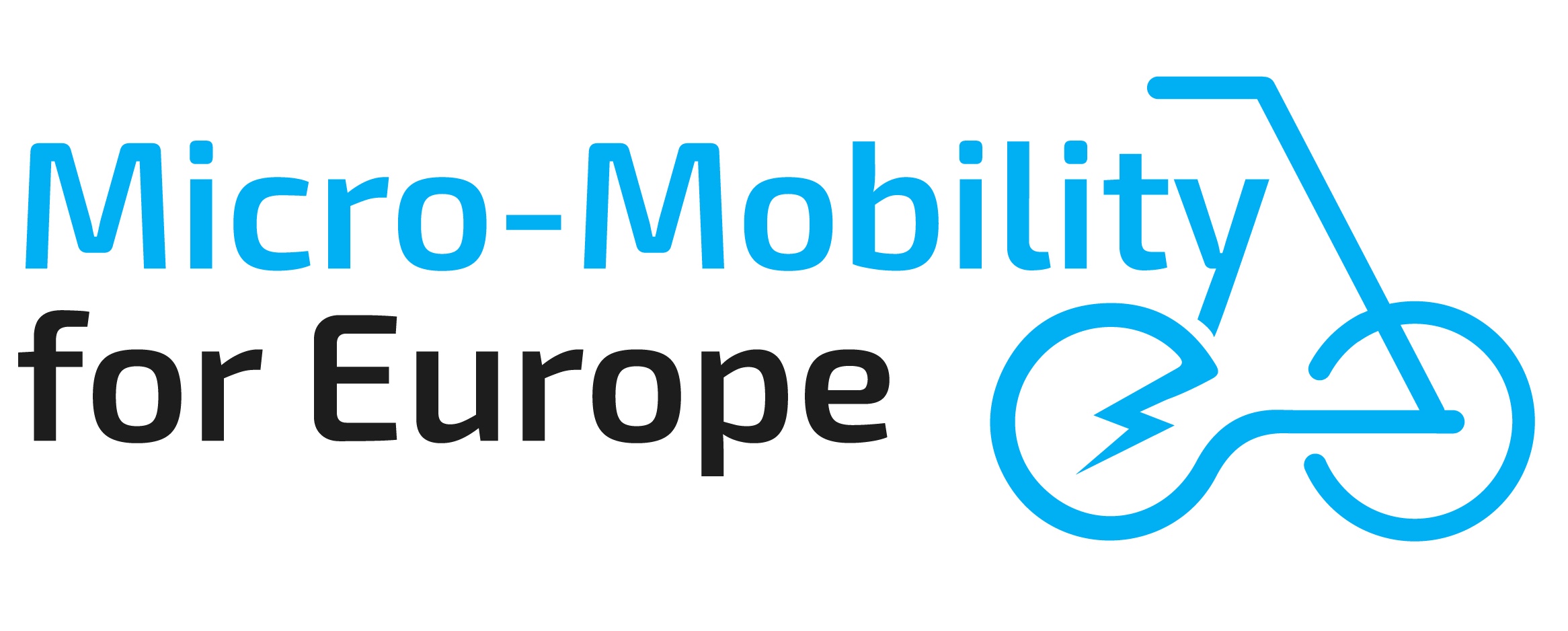October 2023
Micro-Mobility welcomes the launch of European Cycling Declaration as an important step in moving the focus of policy-makers towards more sustainable and efficient modes of transport, and can facilitate the uptake of alternatives to privately-owned cars in urban areas.
Investments in infrastructure are crucial and an enabler to boost the uptake of mobility options that reduce dependency on private car ownership. This empowers cities to reduce air pollution and noise while offering less resource intense mobility options that require less urban space.
While the European Parliament and the Council are reviewing the Declaration, we call on the institutions to acknowledge that boosting the uptake of cycling also benefits other sustainable modes, like shared micro-mobility. Especially the Chapters on Creating more and better cycling infrastructure, Improving road safety and security and Supporting multimodality and cycling tourism should include references to shared mobility or micro-mobility.
- Creating more and better cycling infrastructure: The improvement of existing and investment in new cycling infrastructure will also benefit shared micro-mobility, as users share the same lanes and require protection from motorised traffic. Both user groups are vulnerable road users.
- Improving road safety and security: Micro-mobility users are vulnerable road users and benefit from measures taken to increase the safety of cyclists. As for all traffic participants, it is crucial that competent authorities enforce the road safety rules, to ensure a safe coexistence of modes.
- Supporting multimodality and cycling tourism: Like bicycles, micro-mobility serves as first and last mile means of transport and complement public transport and can stimulate tourism. At the same time, micro-mobility helps to expand public transport’s catchment area by improving connectivity and offering an alternative to private car ownership.


